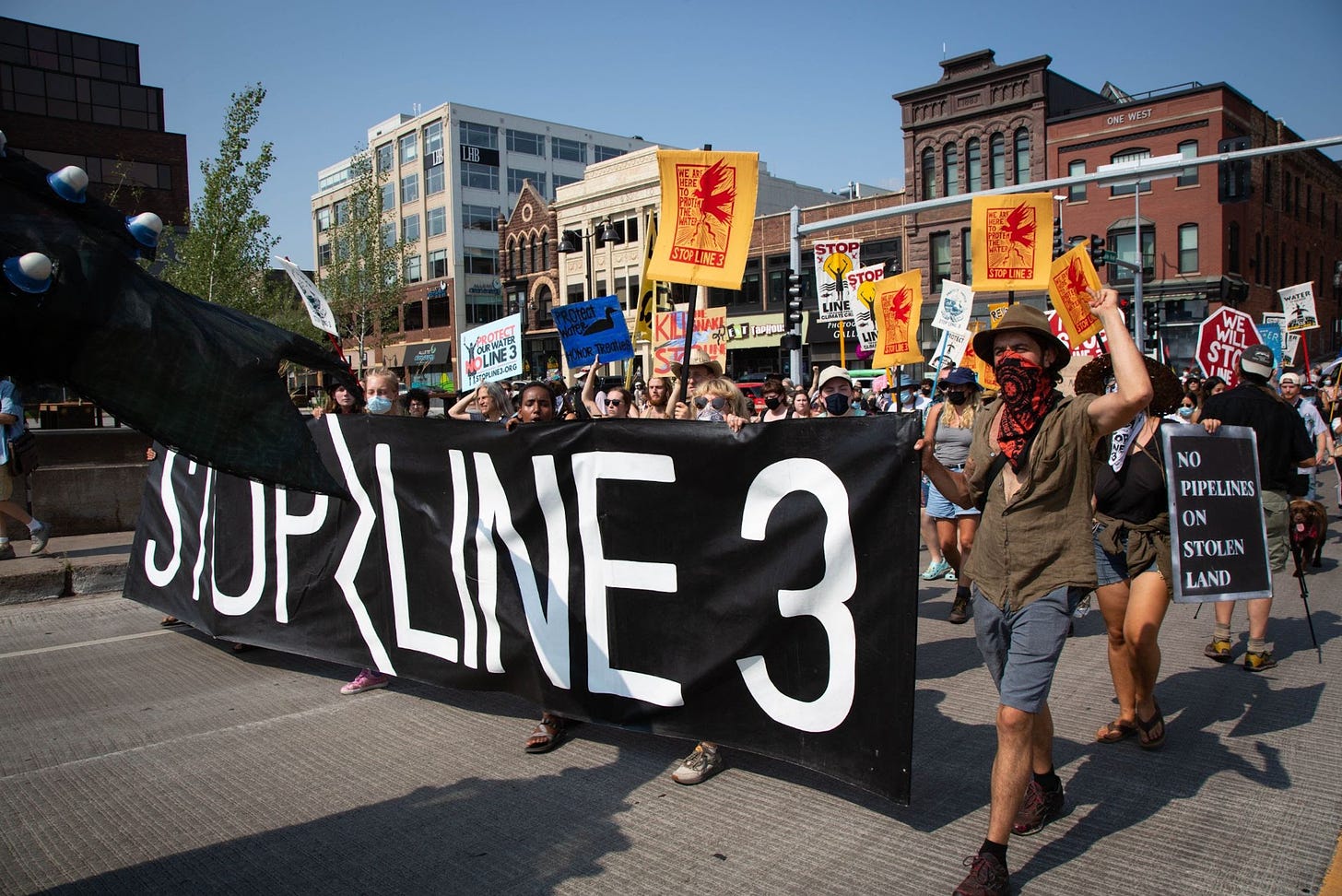How to move beyond recycling (part 1)
Stabilizing the climate requires systemic change. Here's how HEATED readers are doing their part.

The world’s bad news has been overwhelming lately. But today we have some good news. “What Can I Do? Anything,” last month’s newsletter on the urgent need for climate activism, is now officially the most popular article in HEATED’s two-year history. More than 100,000 people have read climate activists’ call t…


